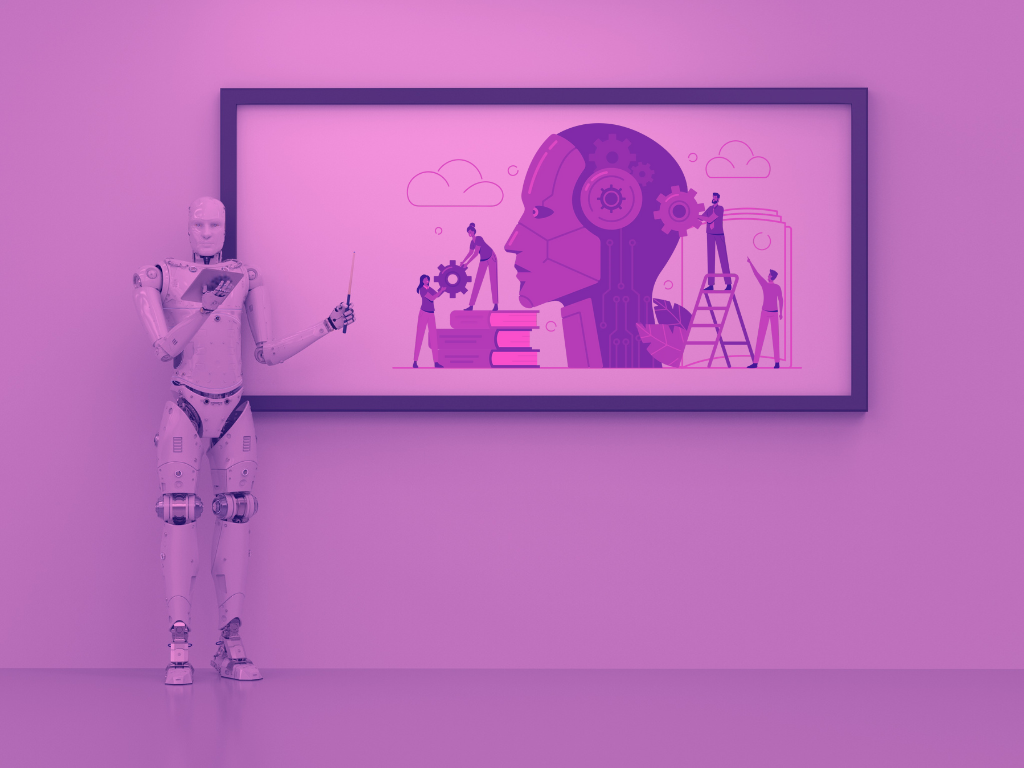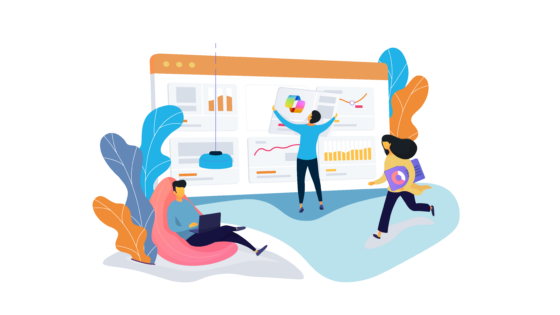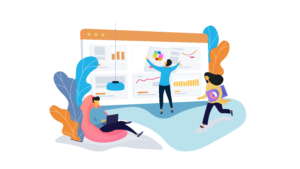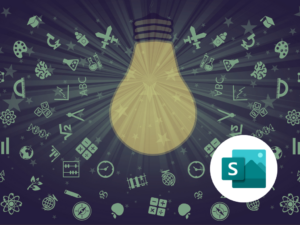Now that I’ve got your attention, let’s dive deeper into this idea and uncover the nuanced reality that lies beneath. We are at a point in time where technological advancements are reshaping various industries, it’s no surprise that the field of education is also undergoing a significant shake up. The notion that “AI will replace teachers” has been touted on many platforms, but let’s dive deeper into this idea and uncover the reality that lies beneath.
What three things will AI change?
I see three main areas where AI will dramatically change what we do as teachers, there are most probably more, however, these things are on the near horizon.
Personalised Learning Paths: AI will enable the creation of tailored learning paths for each student based on their individual strengths, weaknesses, and learning styles. This will ensure that students progress at their own pace and receive targeted support in areas where they need it the most. A great example of this is Khanmigo, Khan Academy’s AI-powered guide.
Automated Assessment and Grading: AI-powered tools can quickly and accurately assess assignments, quizzes, and exams. This will alleviate the burden of manual grading on teachers and provide instant feedback to students, helping them identify areas of improvement. The scope to generate student reports is also possible.
Data-Driven Insights: AI can analyse vast amounts of student data to identify trends and patterns. This information can be used to make informed decisions about curriculum design, and interventions for struggling students. The capacity to use this data for improved pedagogy and teaching strategies can only be a positive.
What AI can’t replace
Good teachers build relationships, foster curiosity and model the valuable and often unmeasurable soft skills that add to our society.
Emotional Support and Empathy: AI may process data and offer insights, but it cannot provide the emotional support, understanding, compassion and empathy that teachers offer. We build strong relationships with students, offering a safe space for sharing concerns, fears, and successes.
Moral and Ethical Guidance: Teachers play a vital role in instilling values, critical thinking about ethical dilemmas, and helping students navigate complex moral issues in society. We also provide a sounding board for students to develop their own world view.
Inspirational Role Models: We are role models who inspire students to pursue their passions, set goals, and strive for excellence. Personal stories, experiences, and advice of teachers are irreplaceable in shaping students’ aspirations. We all can name a teacher who has had a significant impact on our lives, but we would struggle to hold a spreadsheet in such awe!
How do we navigate the waters at this time?
As teachers we can test and push AI as far as we can to do the heavy lifting and reduce the tasks that are taxing. This allows us to utilise the data we have easily, put in place interventions to improve learning for students and be part of customised learning journeys. These things should be embraced with glee.
When these tasks are lifted from us, we can focus on building relationships, and develop an environment in our classes where our focus is student centered. For me, this is what teaching is all about, helping students navigate life, value adding to their learning. Isn’t this what drew us to teaching in the first place?
Thinking about how to best leverage AI tools in your school? Check out our blog about the 4 Key Considerations for Schools.











